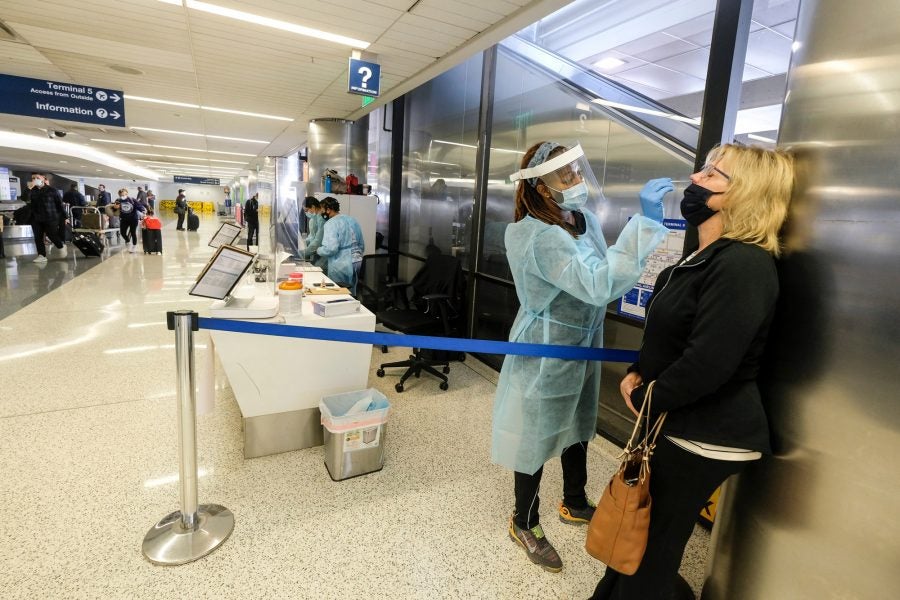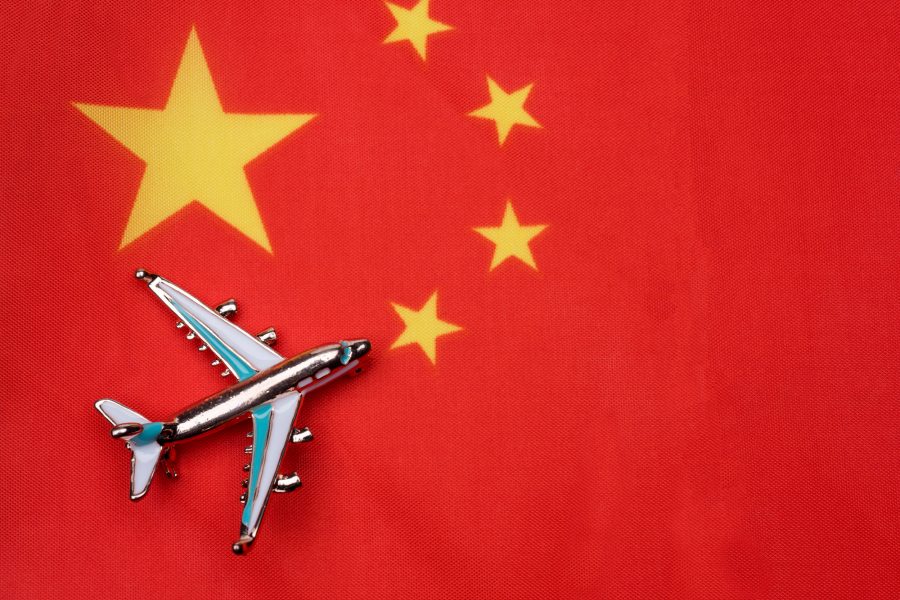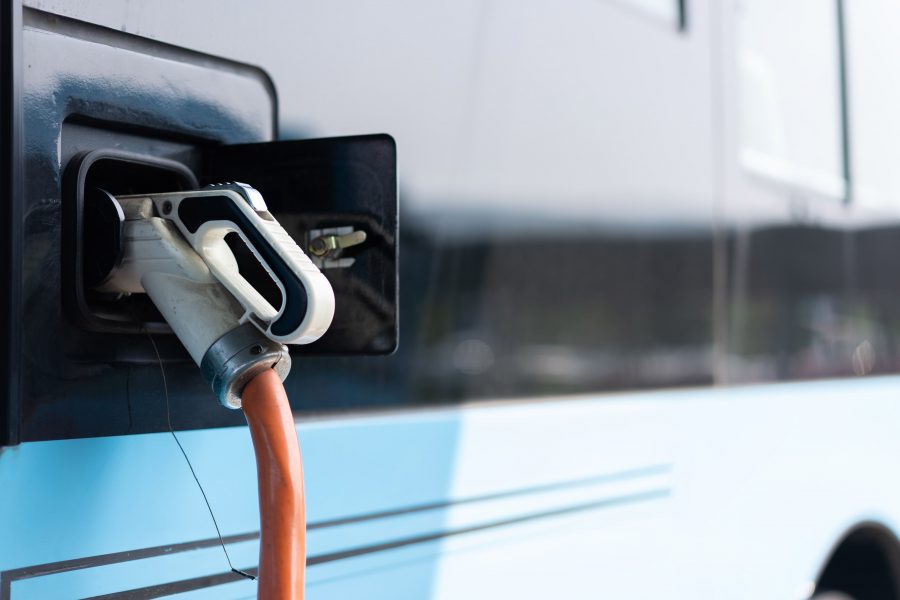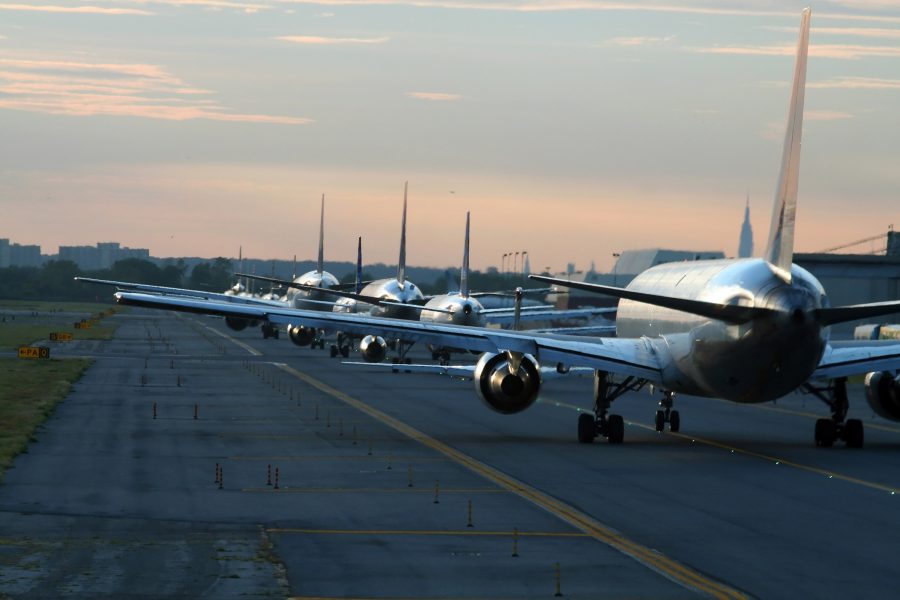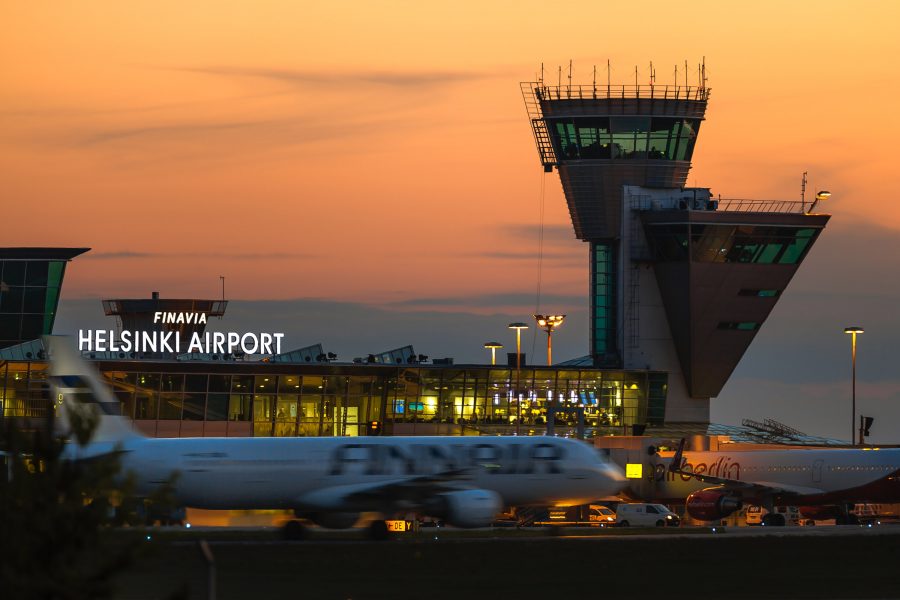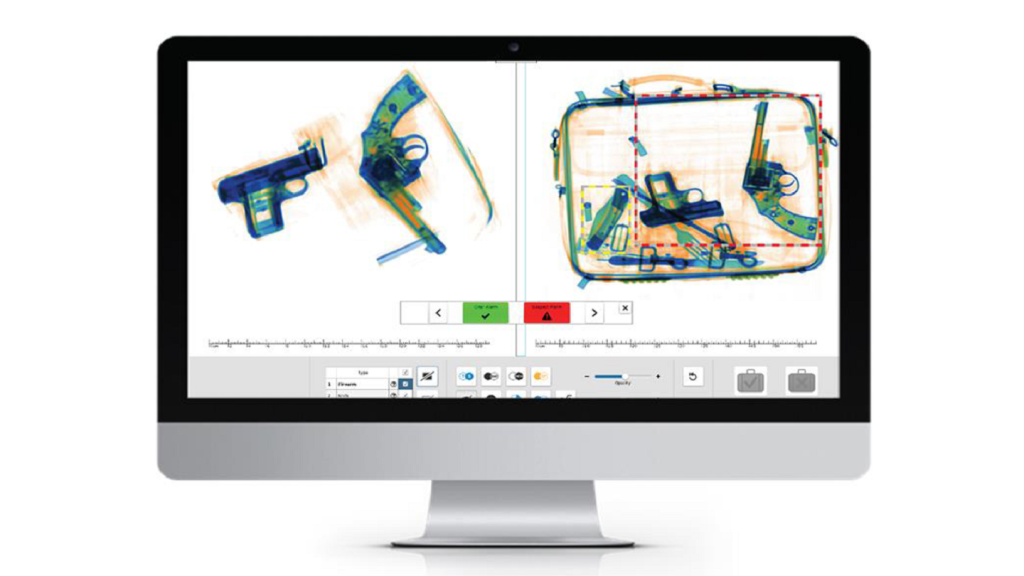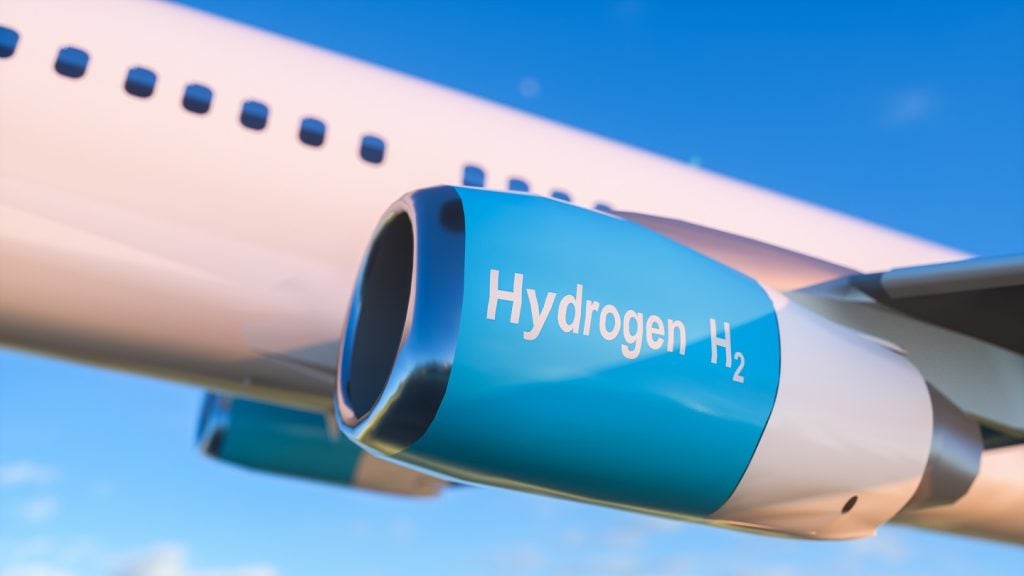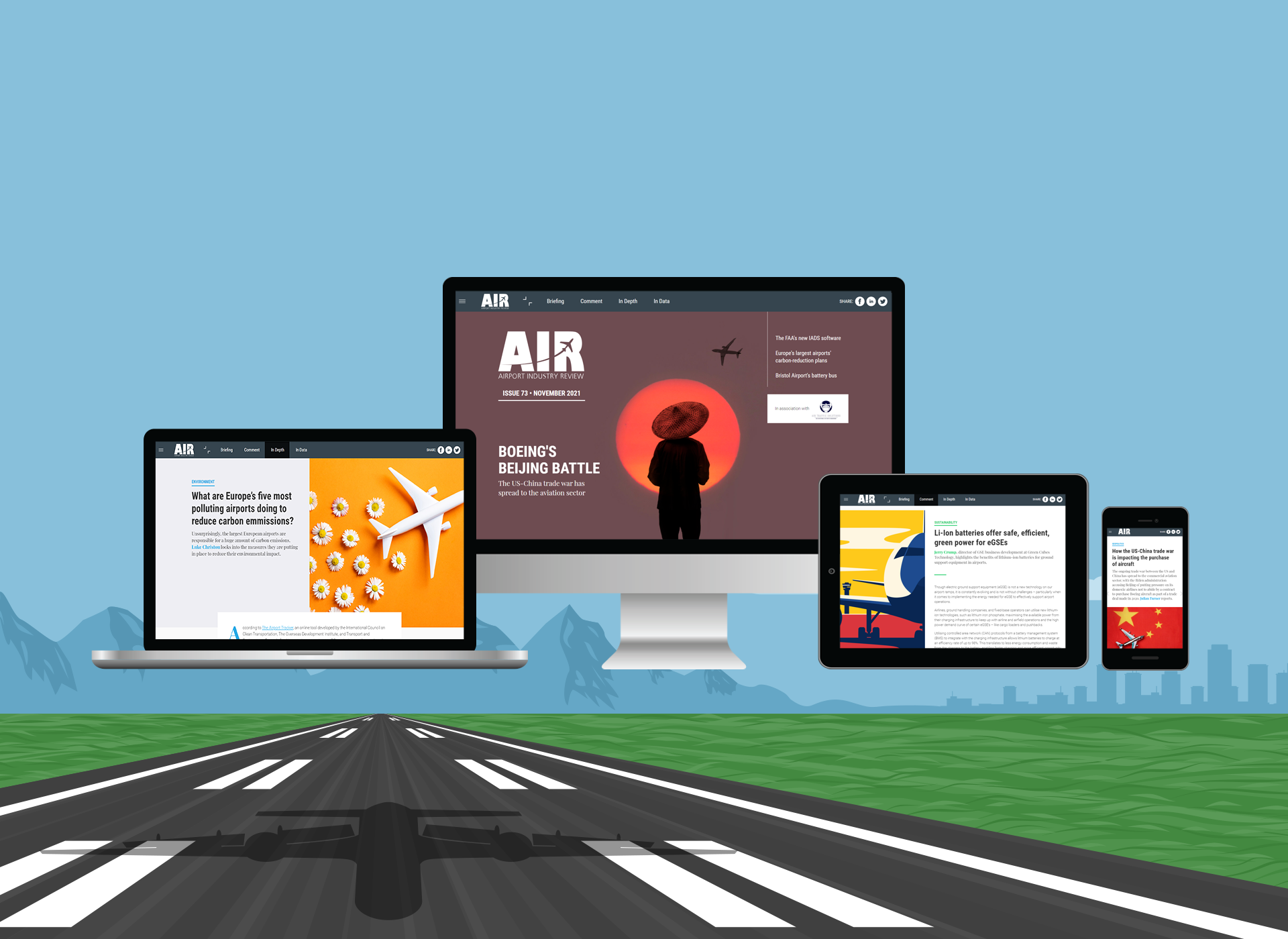
It feels like the aviation sector is having a bit of a ‘moment’. We’ve all no doubt read the news that the UK Government has reduced passenger duty on short-haul domestic flights and increased it for long-haul. It seems like they’ve got things the wrong way round to me.
Whether you are on an iPad, desktop or smartphone, you can read the magazine for free online.
Aviation is trying to become a more sustainable industry. The AOA has released a report highlighting that airports have halved their emissions over the last decade. The airline sector has committed to net-zero by 2050. We need to be honest, and cutting down on the short-haul flights where other transport options make far more sense environmentally (London to Edinburgh train, anyone?) is something that simply has to happen if we’re serious about the environment. The Government shouldn’t be incentivising these journeys with a cut in passenger duty.
But with that being said, there is undeniably a place for long haul flights. These are the journeys where flying is really the only option, so some may argue that there’s no reason not to raise duty – passengers don’t have an alternative choice. But increasing costs rarely helps growth. IATA director general Willie Walsh said in response to the news: “Frankly it is astounding that the UK Chancellor thinks now is the time to raise the cost of flying.”
Walsh is right when it comes to the sector’s economic recovery. But let’s not kid ourselves. We shouldn’t be incentivising flights that are no quicker than a train.
So, with all of that in mind: I should use what remaining space I have here to tell you what’s coming up in this issue. We learn how the US-China trade war is affecting Boeing sales. We also look at how Birmingham and Helsinki Airports are handling Covid-19 checks, and profile Bristols new electric shuttle bus. As well as all of this, we report on some new NASA tech being trialled by the FAA, and look at Europes largest airports (which are also the most polluting), asking what attempts are being made to reduce carbon emissions.
How well do you really know your competitors?
Access the most comprehensive Company Profiles on the market, powered by GlobalData. Save hours of research. Gain competitive edge.

Thank you!
Your download email will arrive shortly
Not ready to buy yet? Download a free sample
We are confident about the unique quality of our Company Profiles. However, we want you to make the most beneficial decision for your business, so we offer a free sample that you can download by submitting the below form
By GlobalDataFor this, and more, read on. Don’t forget to follow us @Airport_Mag and let us know your thoughts on this issue.
Peter Nilson, editor
In this issue
Birmingham Airport proposes to stop testing double jabbed passengers
As the UK Government continues to review and amend Covid-19 travel restrictions, Birmingham Airport has set its sights on scrapping testing for double jabbed passengers. Frankie Youd discusses the matter.
How the US-China trade war is impacting the purchase of aircraft
The ongoing trade war between the US and China has spread to the commercial aviation sector, with the Biden administration accusing Beijing of putting pressure on its domestic airlines not to abide by a contract to purchase Boeing aircraft as part of a trade deal made in 2020. Julian Turner reports.
Bristol’s battery bus: on route for a carbon-free future
Aiming to be the first net-zero airport in the UK by 2030, Bristol Airport has recently implemented a new environmentally friendly scheme: an electric bus. Frankie Youd speaks to the airport to find out about the shuttle and its trial, and whether this could be the future for airport terminal travel.
A taxiing problem: inside the FAA’s new IADS software
The US FAA has announced the rollout in 27 US airports of new taxiing software – part of the ATD2 project in collaboration with NASA – that allows airports to calculate pushbacks at busy hubs so that each aircraft can roll directly to the runway and take off, reducing fuel burn. Julian Turner reports.
Alleviating lengthy lines: Helsinki Airport’s new queuing system
Until recently, passengers visiting Helsinki Airport have been required to provide valid Covid-19 vaccination documents upon departure, arrival, and check-in. However, these guidelines have now changed, with the airport carrying out ‘random’ checks of these documents and forming a ‘green line’ for vaccinated travellers. Frankie Youd explores this decision.
What are Europe’s five most polluting airports doing to reduce carbon emissions?
Unsurprisingly, the largest European airports are responsible for a huge amount of carbon emissions. Luke Christou looks into the measures they are putting in place to reduce their environmental impact.
Next issue preview
Known for staying ahead of the technology curve, Japan has incorporated new, exciting technology into its Kansai Airport: an autonomous security robot.
The security robot will autonomously navigate and patrol routes, use a laser sensor to identify its location, capture images with a built-in camera function and much more. In our next issue, we speak to Secom, the company who developed the robot, to find out more.
We also profile Uber’s new service for passengers at airport arrivals, learn about Pittsburgh Airport’s new terminal development, and find out the latest in biometric applications for airports.
In the meantime, you can follow us @Airport_Mag to keep up to date with all the latest news.
Would you like to be notified when a new issue of AIR is out? Sign up for email alerts here!
We will only use your email address to let you know when a new issue is available. AIR is published monthly.



